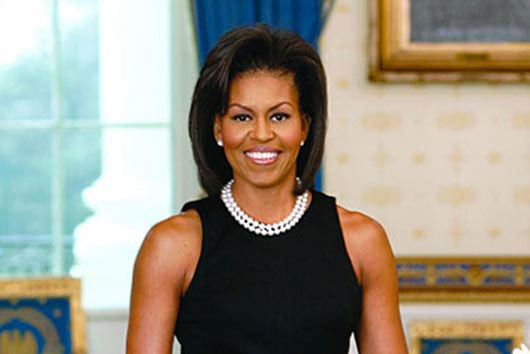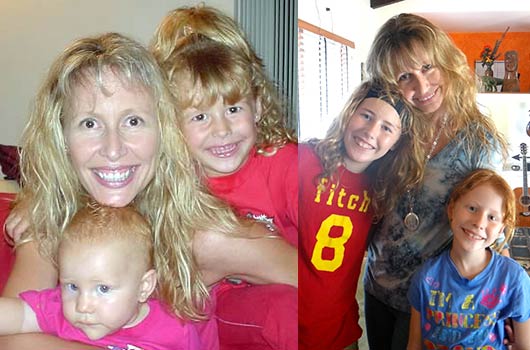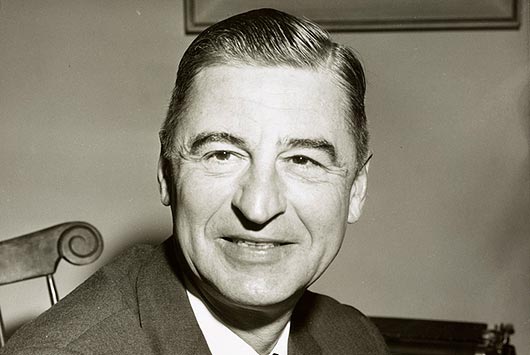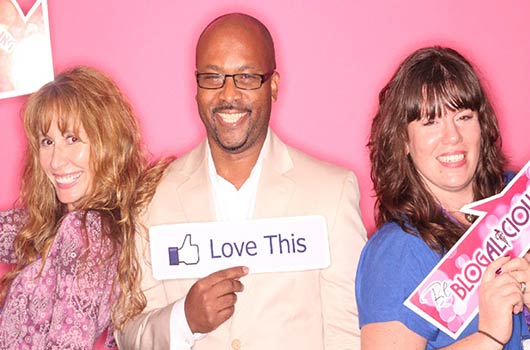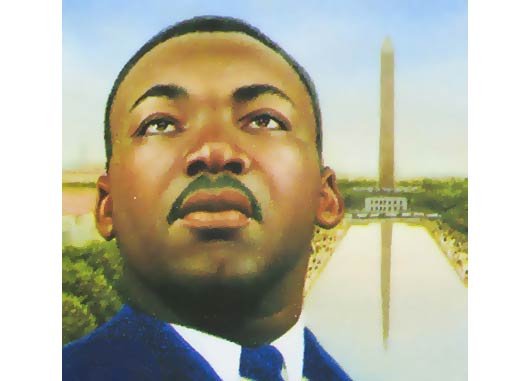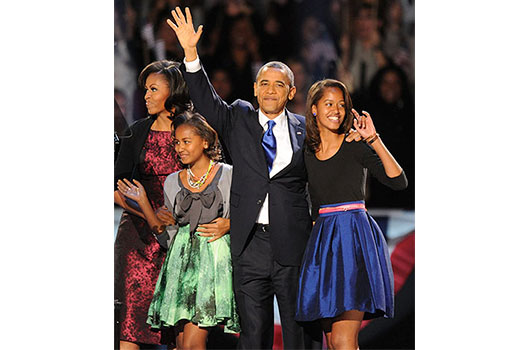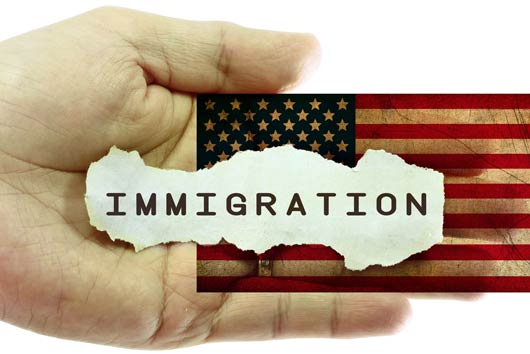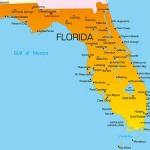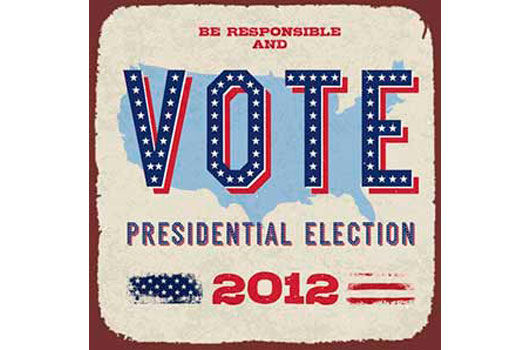
Latino Vote
As a Latina mother, there is nothing more important to me than inculcating in my children the importance of making sure their voices are heard—whether in the classroom, in sports, in student government, in their jobs, in local government, and of course, in our nation’s capital. In the past, it used to be that politicians, secretaries of state and supervisors of elections felt the same and prided themselves in increasing levels of voter participation. Stronger participation in our democracy said something unmistakably positive about the city, county or state; its citizens were engaged and involved, and the entire system of voting was better for it.
In 2008, the national voter participation rate barely increased over 2004, but two million more Latinos and two million more African Americans cast ballots than in the previous election. No matter where you might stand politically, here was something for which all Americans could be proud: stronger participation in the electoral process.
Or so we thought.
Ultimately there would be a different reaction to this good news regarding increased voter participation.
In legislative chambers and gubernatorial offices throughout the country, the response was to set in motion a coordinated effort to drive down participation among Latinos and African Americans. The laws and regulations also affect other minorities, veterans, seniors and younger voters.
Sixteen states crafted purge lists to remove voters from the rolls, which included many naturalized Latino citizens. Florida sent letters to those on the list requesting they prove their citizenship or be thrown off the voter lists.
Read Related: No wonder Mitt Romney is losing the Latina vote!
Four other states—Alabama, Arizona, Georgia and Tennessee—have instituted proof of citizenship requirements. Nine states also adopted new voter ID laws, intentionally erecting barriers between voters and their rights.
The overall effect of these Latino voter purges is chilling. Why? Because on top of an already low level of participation among Latinos as compared to our population, these laws include additional steps to register, additional documentation and additional costs. The country no longer has the poll taxes of decades past, but the new restrictions can have precisely the same effect. But only if we let them.
According to a new Advancement Project report, millions of Latinos could be disenfranchised in the 2012 general election as a result of these new restrictions, which place bigger barriers on voter registration and the participation of Latino voters in the upcoming election. But again, only if we let them.
This report details the new policies and their discriminatory impact, and what is being done by activists and Latinos all around the country to make sure that despite these discriminatory practices, Latinos build upon the 2008 results and encourage even greater participation in the election process than ever before.
Just two years ago, Latino citizens represented eight percent of America’s registered voters but more than 10 percent of the nation’s eligible voters. However, of 21.3 million eligible Latino voters, more than 14.5 million were either unregistered or did not vote in 2010. In addition, an estimated 3.7 million Latinos were expected to become eligible to become naturalized citizens since 2010.
These numbers are tremendously empowering to a community on the cusp of testing its long-term political clout. But it is in our hands, sisters, to ensure we take that power, reject these biased practices, and ensure—just the way we teach our children to do—that our voices are heard loud and clear.
An America that celebrates its democracy and its diversity is one that takes steps to ensure that a greater percentage of Latinos, elderly, veterans, young adults and African Americans exercise their right to vote. As such, these vengeful practices and policies have drawn the attention of groups like the Advancement Project and groups that have been protecting the voice of Latinos for decades such as LatinoJustice PRLDEF, MALDEF and Mi Familia Vota. Together, they have challenged many of the new restrictive laws and policies and the courts have begun to pay attention.
In Florida last week, the state agreed to stop its discriminatory purges after our lawsuit was filed. In Texas last month, a federal appellate court acted unanimously to block the state’s new voter ID law, saying the restrictions had the effect of placing “strict unforgiving burdens on the poor” and the state’s arguments in defense of the law were “unpersuasive, invalid, or both.” At press time, a state court in Pennsylvania could possibly also invalidate its discriminatory voter ID law.
I am confident that millions committed to justice and equality will overcome the coordinated and troubling actions of politicians attempting to limit the voting of American citizens.
But we also have an obligation as individuals, as mamis, to protect our families’ voices, our communities’ interest and ensure that everyone, regardless of party affiliation or political leaning, can exercise that most American of rights—to have our voices heard and our votes counted.
So what can we do in the face of these barriers? Be prepared and not afraid. Know what it will take to register if you are not registered. Have the appropriate documentation with you when you go register or go to vote. Know where your polling place is and who you can call if you have a question or run into trouble. You can call your local elections supervisor for the most up-to-date polling information or go to Color of Change.
It is in our hands sisters! Because no matter which candidates we support locally or nationally, we can all recognize and agree on the benefit of ensuring not only greater voter participation, but also greater equality in our democracy. Anything less would be un-American.


